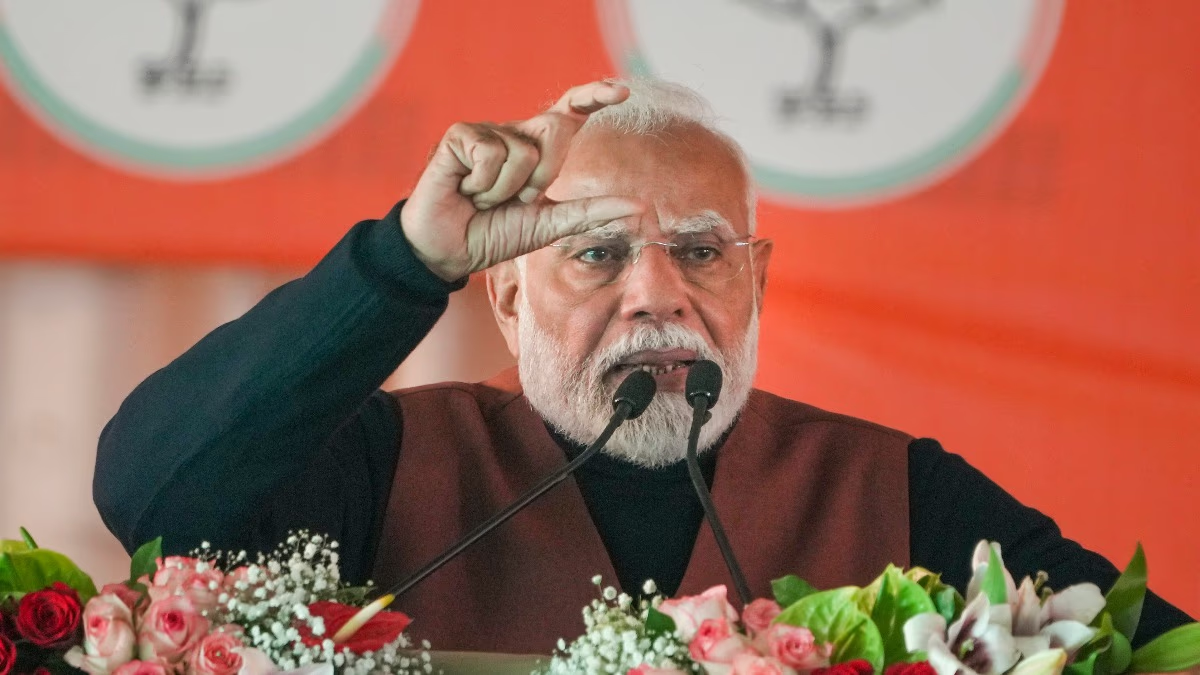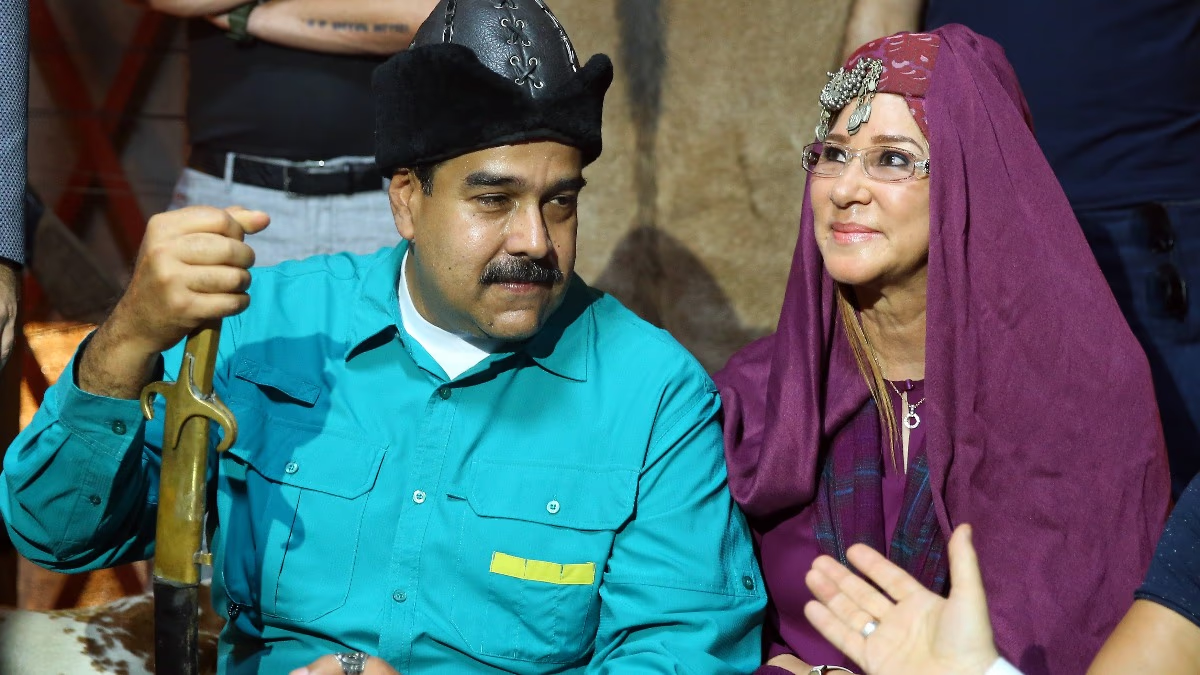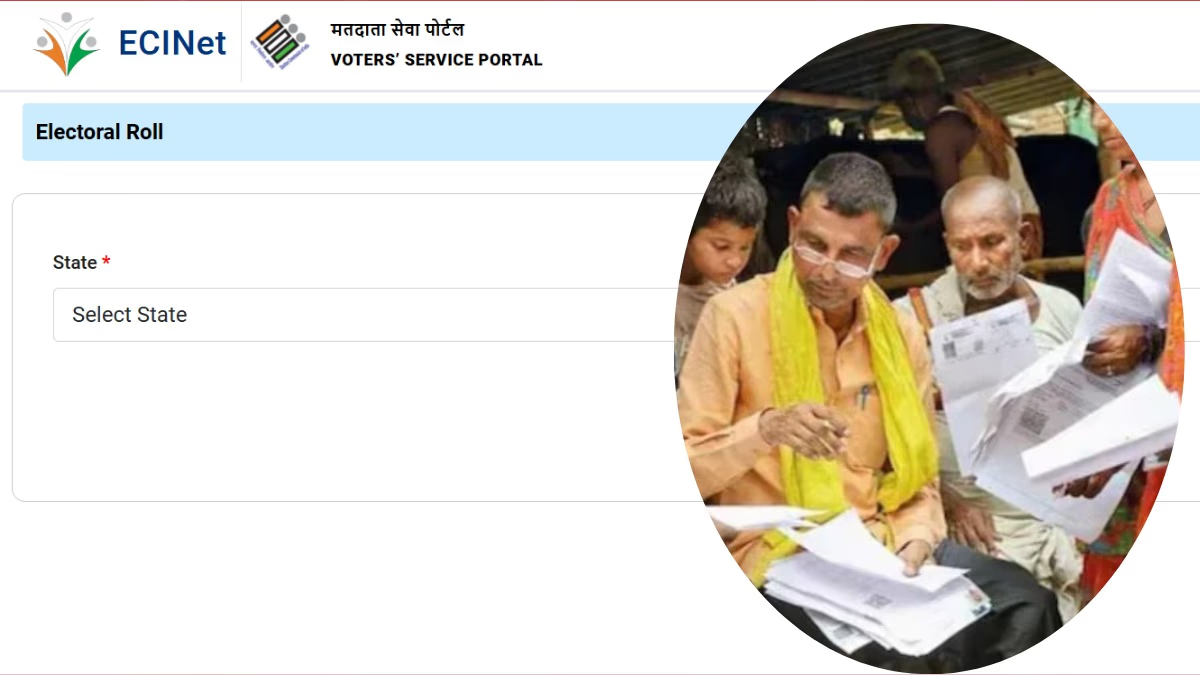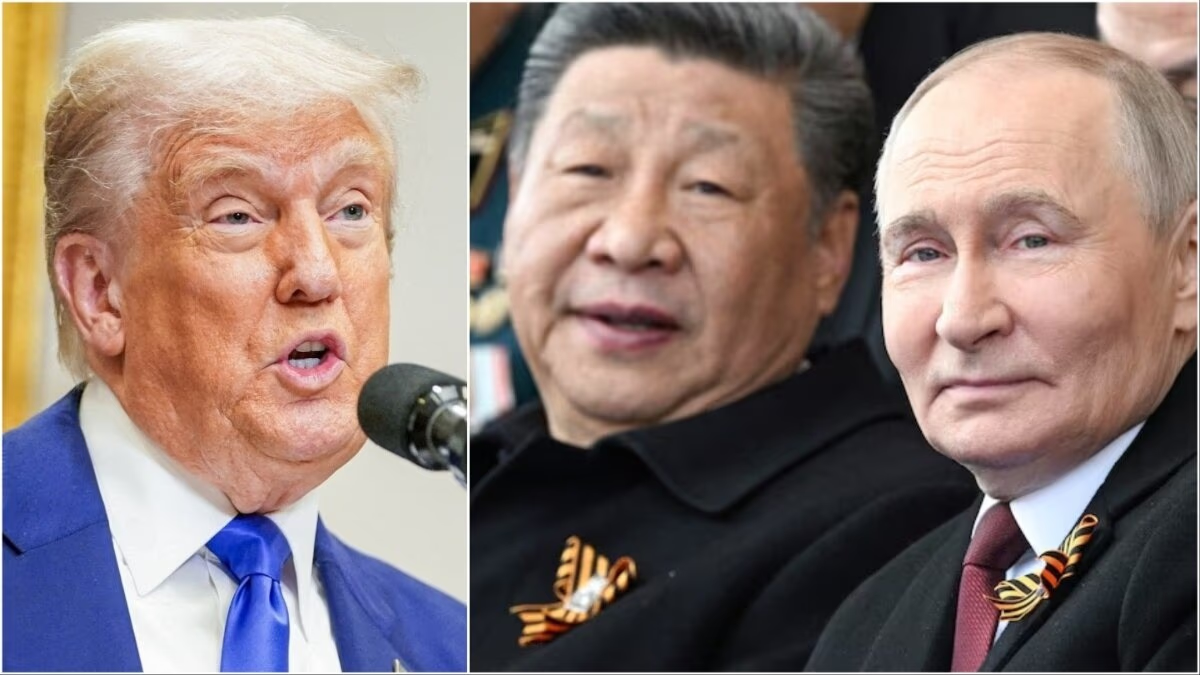Date - September 29, 2013, Location - Delhi's Japanese Park, Occasion - Narendra Modi's election rally. About 12 years ago, Narendra Modi addressed a public gathering for the Delhi Assembly elections at Rohini's Japanese Park. At that time, Sheila Dikshit's led Congress government ruled and AAP had no electoral presence. The rally also echoed BJP's slogan of 'Change Delhi'. On Sunday, at a BJP rally, PM Modi reiterated 'Will Change Delhi'.
Since then, a lot has changed in Delhi’s political scene. Congress's reign ended, and for the past 12 years, AAP has been in power. Meanwhile, BJP has maintained its position as the primary opposition in the Assembly. Now, BJP is once again vying to end a nearly three-decade-long drought in the Delhi elections, with a slogan unchanged for 12 years.
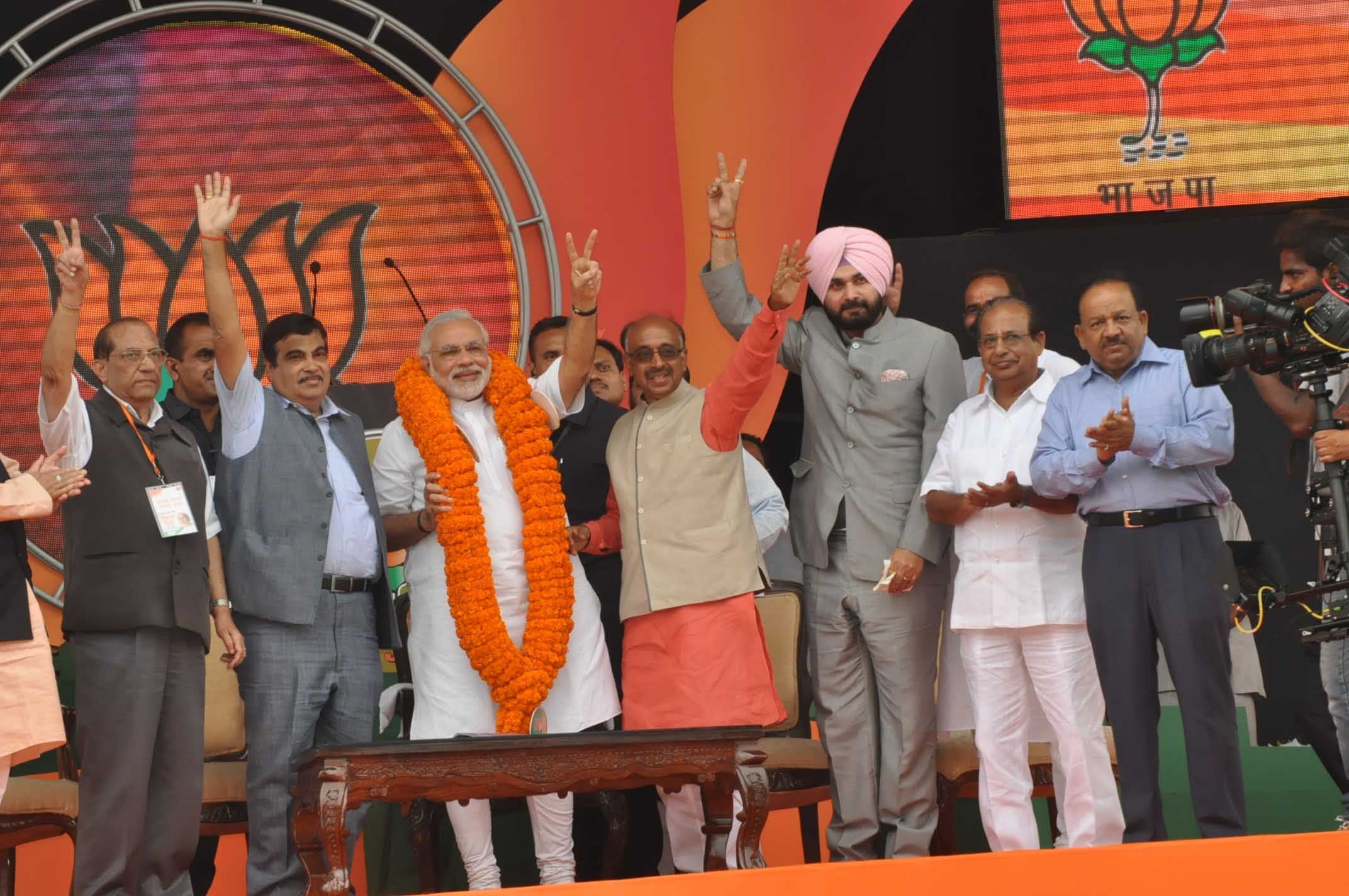
Source: aajtak
The Rise and Political Journey of AAP
Let’s unfold what politically reshaped Delhi over the years. In three consecutive Lok Sabha elections from 2014 to 2024, BJP secured all seven seats in Delhi. Preceding this, Congress had won all seven in 2009, forming a government under UPA. But, since then, BJP has singularly owned Delhi's Lok Sabha seats, contrasting with the Assembly election outcomes.
In the 2013 Assembly elections, BJP emerged as the largest party with 32 of the 70 seats but still fell short of a majority. This marked AAP's debut, capturing 28 seats while Congress secured 7. Subsequently, with Congress’s support, AAP formed a government with Arvind Kejriwal as Chief Minister.
This 2013 government lasted merely 49 days before Kejriwal resigned from the CM post, resulting in President's Rule in Delhi. The 2015 elections shattered predictions with AAP making history by winning 67 seats, while Congress was decimated to zero, and BJP secured only three seats. Thus, Kejriwal was re-elected as Delhi’s Chief Minister.
BJP’s Continued Struggle for Delhi Power
By the 2020 elections, AAP continued its resounding performance with 62 seats. BJP managed a slight increase to 8 seats, while Congress again drew a blank. With this sweeping victory, Kejriwal became Chief Minister for the third time. However, in the 2024 Lok Sabha elections, BJP reclaimed all seven Delhi seats. Yet, the ruling party in the center is still striving to appoint a chief minister in the capital.
This election witnessed notable changes. In 2013, the Congress government under Sheila Dikshit faced severe corruption allegations; today, AAP contends with similar accusations, including the liquor scandal. AAP leaders including Kejriwal and Manish Sisodia faced jail time, and a conditional release saw Kejriwal resign and delegate the CM role to Atishi. Despite this, the party plans to contest under Kejriwal’s leadership, confident of reinstating him if they win.
Why This Election Holds Significance
Meanwhile, BJP and Congress are intensively targeting AAP over corruption, striving for a comeback in Delhi's governance. This election could be a litmus test for AAP as allegations hang heavy, with the electoral results anticipated to address them. Similarly, Congress, stepping out of the INDIA alliance, faces the challenge of regaining its voter base. BJP, which last governed Delhi in 1993 under Madan Lal Khurana, has awaited the capital’s power for three decades despite ruling at the center for three consecutive terms.
